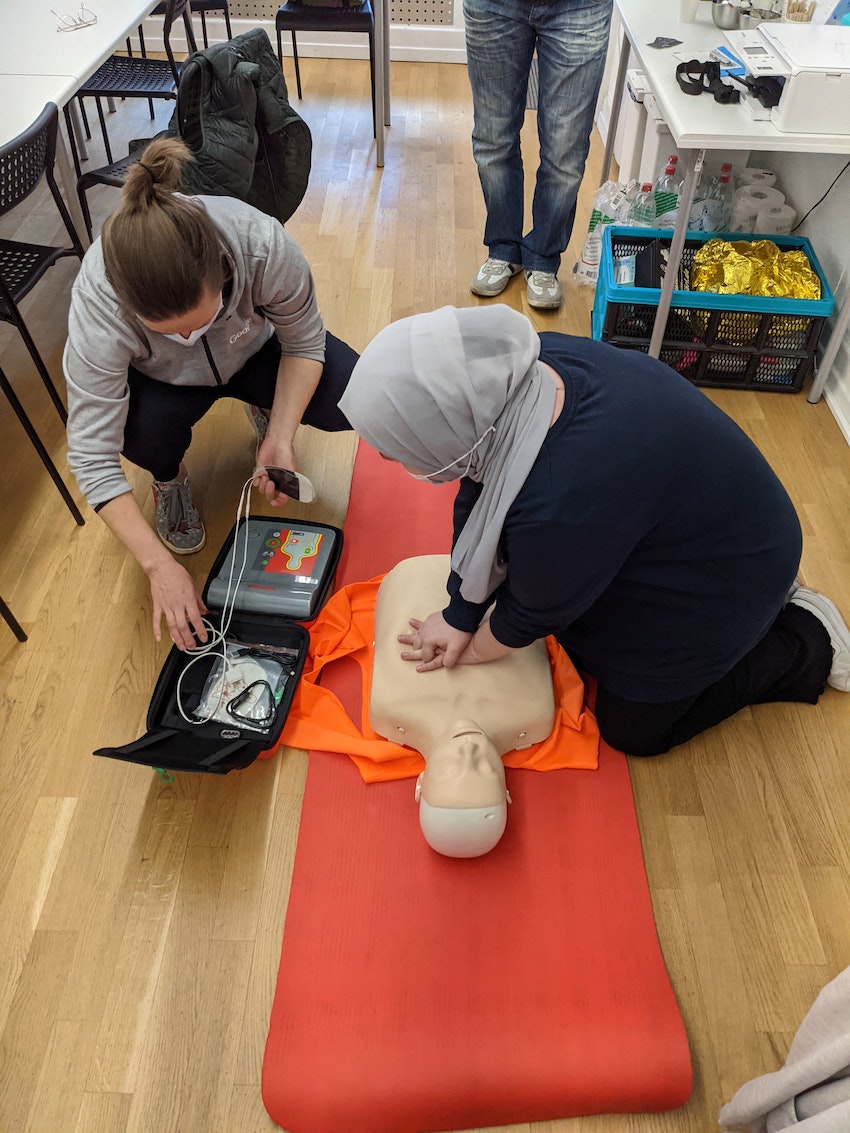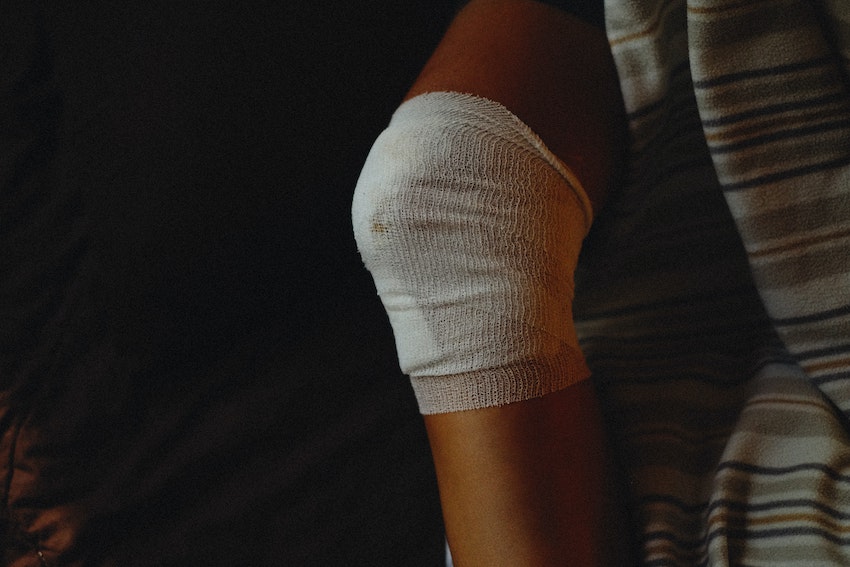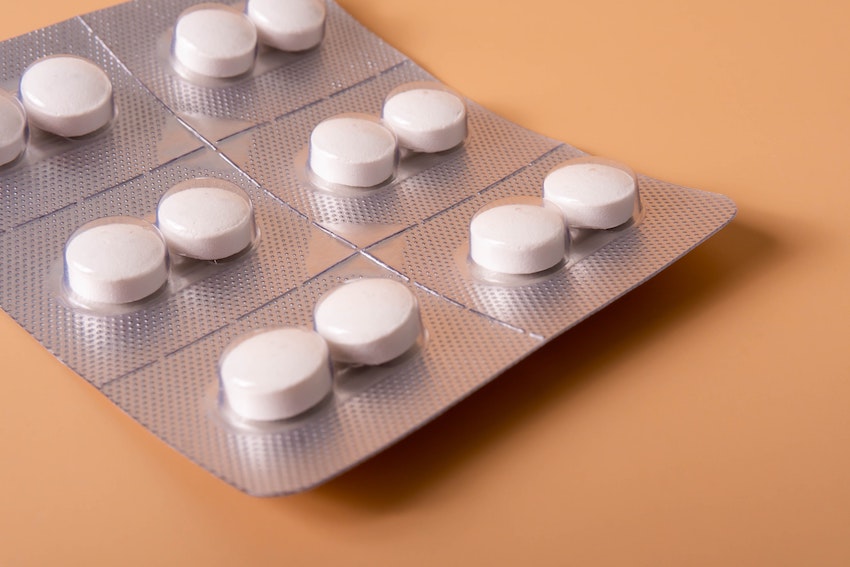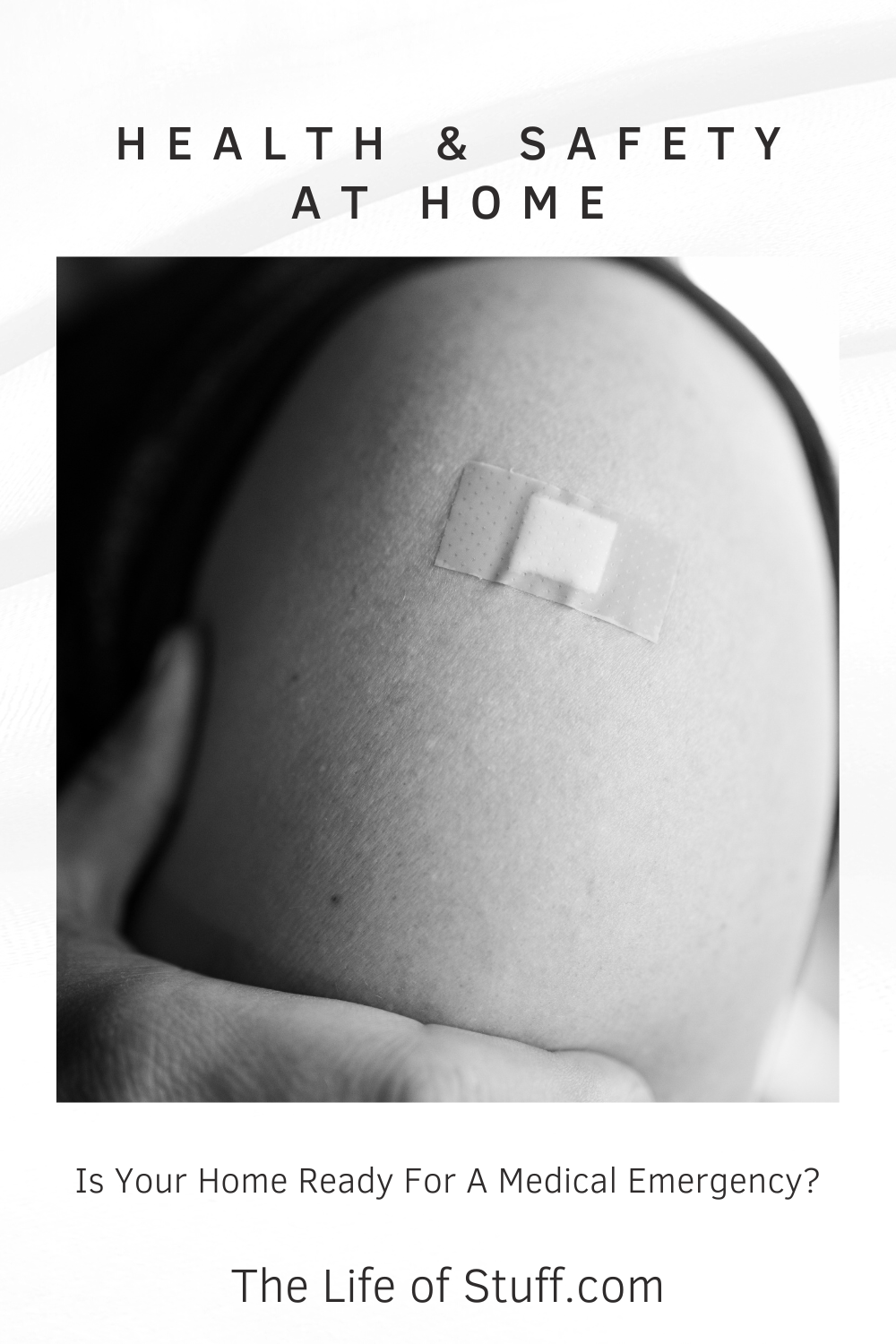Is Your Home Ready For A Medical Emergency?
Whether you’re living home alone or with others, it’s important that you know what needs to be done in the event of a medical emergency. Issues can arise without warning, and if you’re not ready, it could be too late to do anything during an emergency. Every moment counts, and the more prepared you are, the better.
If you’re not prepared, you could take all of the wrong steps, and a lot of time could be wasted – on top of unnecessary panicking. It can be hard to stay calm when someone else is in danger, but it’s important if you’re going to get them the help they need.
Make Your Home Ready For A Medical Emergency in 4 Ways
Photo by Martin Splitt
Make Your Home Ready For A Medical Emergency #1
Your First Aid Experience
You can feel much safer at home knowing that you’re ready in a medical emergency. Learning how to perform first aid is recommended if you want to be able to save someone’s life. There are so many situations where someone may be having trouble breathing or choking, and being able to perform first aid and CPR can turn the situation around. You can learn more about giving CPR here.
Most people don’t have the experience needed to perform CPR, but you can change that statistic and prepare yourself for such an emergency.
Make Your Home Ready For A Medical Emergency #2
Keeping Medicine
You should also make sure your home has a first aid kit stored somewhere you can easily find when in an emergency. You want to be ready for any event, even if you’re going to head to the hospital, a first aid kit can come in very handy. If you or someone else is bleeding for any reason, having bandages available can turn an emergency into a much calmer situation. Stopping the bleeding is very important, and will allow you much more time to seek medical care.
You can keep a number of different supplies in your first aid kit, but you should make sure you have the essentials as well as the tools necessary to apply them.
Photo by Alexey Demidov
According to the NHS website here are the essentials for a first aid kit at home:
- plasters of different sizes and shapes
- small, medium and large sterile gauze dressings
- at least 2 sterile eye dressings
- triangular bandages
- crêpe rolled bandages
- safety pins
- disposable sterile gloves
- tweezers
- scissors
- alcohol-free cleansing wipes
- sticky tape
- thermometer (preferably digital)
- skin rash cream, such as hydrocortisone or calendula
- cream or spray to relieve insect bites and stings
- antiseptic cream
- painkillers such as paracetamol (or infant paracetamol for children), aspirin (not to be given to children under 16), or ibuprofen
- antihistamine cream or tablets
- distilled water for cleaning wounds
- eye wash and eye bath
They also suggest that it ‘may also be useful to keep a basic first aid manual or instruction booklet with your first aid kit.’
Photo by Etactics Inc
Make Your Home Ready For A Medical Emergency #3
Easy Access Documents
Upon arriving at the hospital, the doctor or surgeon in charge of handling you is going to want to know about your medical history. If you arrive unconscious, it’s going to be hard for them to get that information from you. It’s recommended that you keep all of your important medical documents and information in a place that’s easy for you or someone else to access for this occasion.
You never know when that information will be needed, but it can speed up your recovery process and help the doctor get a better idea about what’s going on. For example are you allergic to penicillin? Have you had an issue with sedation in the past? What medication are you currently on?
Make Your Home Ready For A Medical Emergency #4
Remaining Calm
No matter who is involved in the emergency, you’re going to want to make sure you’re not panicking. If you’re panicking when someone’s life is on the line, it can make it very difficult to act appropriately when trying to save their life. While it can be hard, try to remain as calm as possible while calling an ambulance as well as providing the first aid that you can, and try not to rush things faster than what you can handle. More haste, less speed.
Feature photo by Kaja Reichardt
PIN: Make Your Home Ready For A Medical Emergency in 4 Ways
Follow The Life of Stuff on Facebook | Twitter | Pinterest | Instagram









